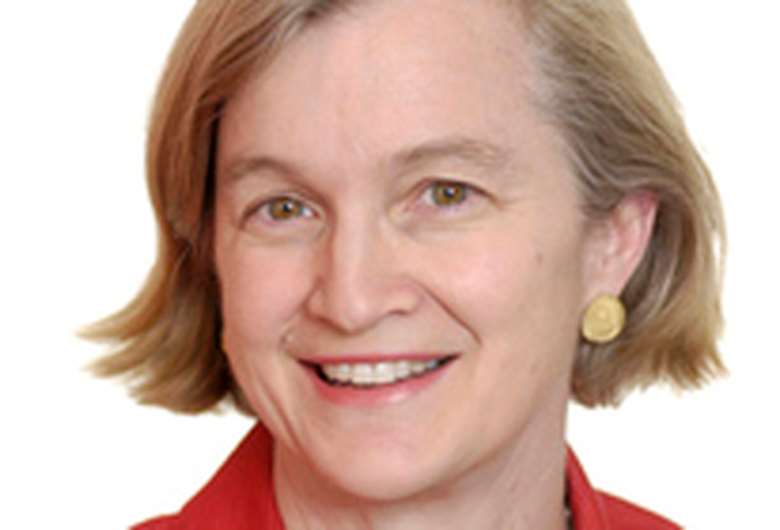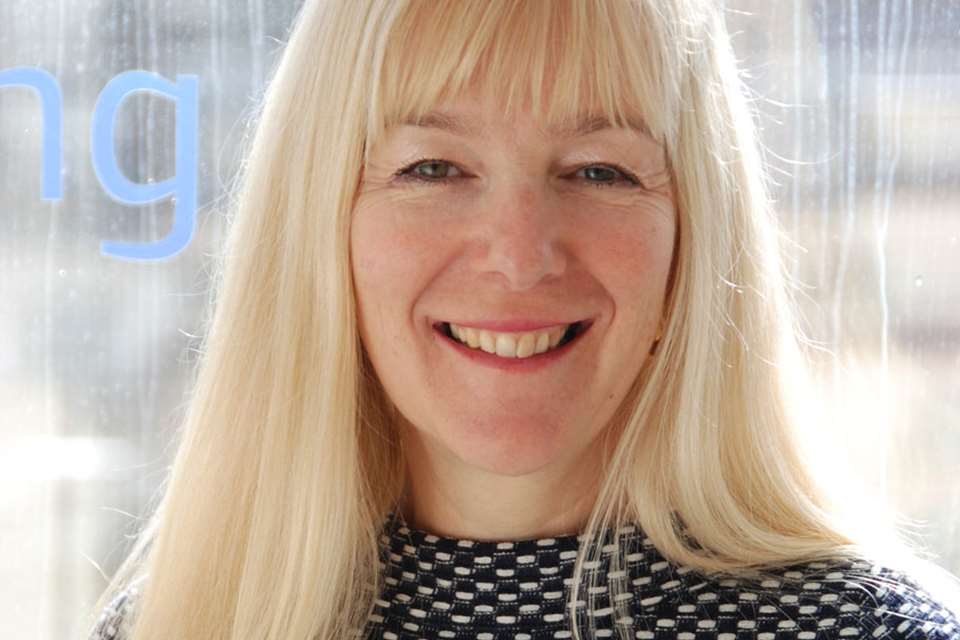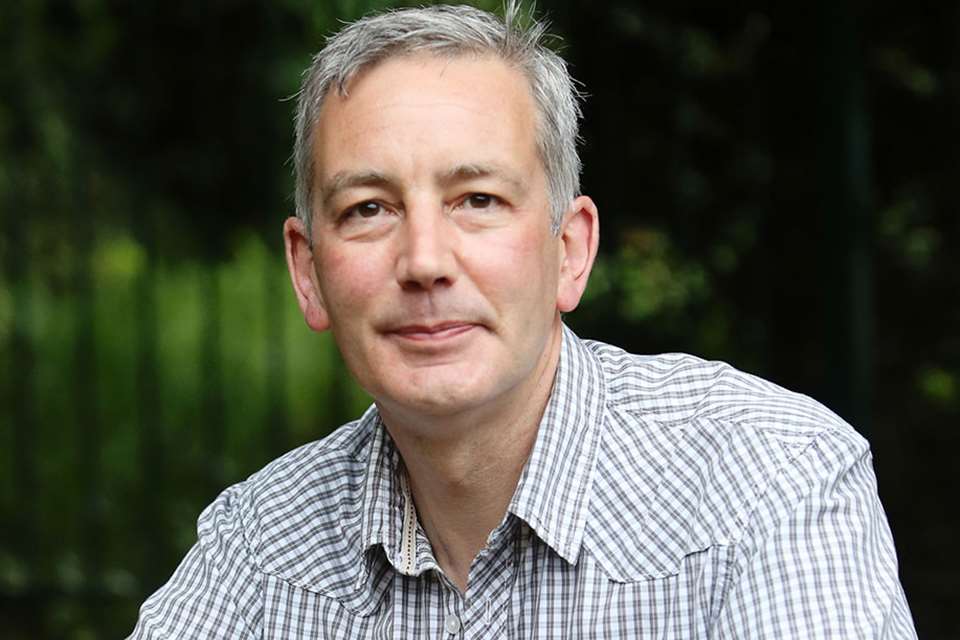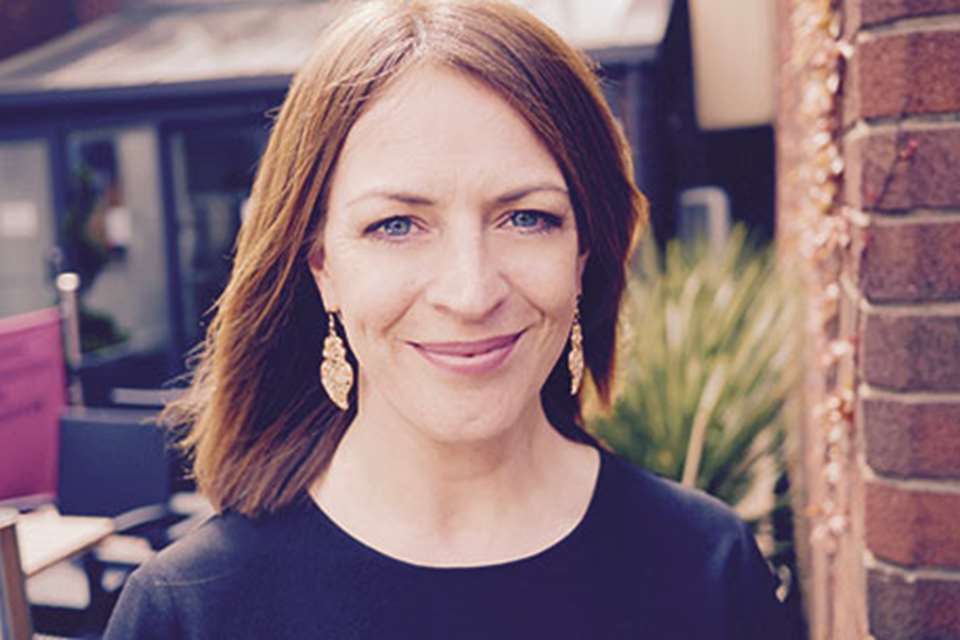Ofsted chief 'taken aback' by criticism of Reception report
Wednesday, December 13, 2017
Ofsted chief inspector Amanda Spielman has hit back at critics of the inspectorate’s ‘Bold Beginnings’ report.

In a speech to launch Ofsted’s annual report for 2016-17, Ms Spielman also said that the Government should allow more flexibility with 30-hour childcare to enable other providers to enter the market.
The controversial report into the Reception Year published last week has been heavily criticised by many in the early years sector, and gathered much debate on Twitter.
In the speech to launch Ofsted’s annual report, Ms Spielman said, that ‘despite the fact that most early years providers are doing well’ the report’s ‘findings cast doubt on whether the early years foundation stage provides a strong enough curriculum, especially for the children who arrive at school further behind’.
Ms Spielman continued, ‘It is worth my spending more time on the ‘Bold beginnings’ report, given the reaction to it from some corners of social media. Most feedback on the report has actually been very positive. But I was taken aback by some of the more extreme reactions. I happen to share the view of one education commentator, who said that the report is about as “controversial as custard”.
‘Yes, we reported that the best schools – the ones in which disadvantaged children do best – place a strong emphasis on early reading, on having children sitting properly at a table when learning to write and on developing early number skills. But the report is also very clear that the Reception Year should be filled with opportunities for young children to play and to develop their social and personal skills.
‘The dichotomy here is not about formal learning versus play. It is about understanding the different ways in which children acquire different kinds of knowledge and skills. You don’t learn phonics quickly and efficiently by playing with soggy letters near the paddling pool. The sandpit is not a great place for early number work. But both the paddling pool and the sandpit are important in developing children’s social interactions, their motor skills and their imaginations. That doesn’t sound very controversial to me.’
30 hours – open up the market
Ms Spielman also said that while the rollout of the 30 hours has ‘largely been a success’ she continued ‘to believe that supply could increase further if the Government allowed the additional 15 hours for working parents to be used for childcare rather than for early education’.
‘Early education is vitally important, which is why the Government makes the first 15 free hours universally available. But the second 15 hours is explicitly designed to support parents to work. Greater flexibility would enable other providers to enter the market, boosting supply and providing more support for parental work patterns, such as shift work.’
Sector response
Purnima Tanuku, chief executive of the National Day Nurseries Association (NDNA) said, ‘Despite the findings in its recent report “Bold Beginnings”, NDNA believes that nurseries are doing a fantastic job at getting children ready to learn. We know there are overall shortcomings in areas such as literacy and maths by the end of the school reception year, but we are supporting the sector to address these through embedding learning opportunities in settings through play-based activities.
‘It is hugely important that Ofsted and the Department for Education do not expect children to learn once at school by sitting at desks and listening. They learn and develop best through exploration and play.
‘We would also argue that the primary function of early years is not just to get children ready for school, but for a keenness to learn which lasts a lifetime.
‘Schools need to work more closely with early years providers to make sure the good work that takes place there in developing our children is passed on and a smooth transition takes place. This is the best way to give a child the best start in life.’
Neil Leitch, chief executive of the Pre-school Learning Alliance, said, it was ‘very positive to see the passion and quality of early years providers reflected in the continued improvement of Ofsted ratings.
‘However, in the midst of these excellent results, it is incredibly disappointing that, even in light of the vast criticism of the recent "Bold Beginnings" report, Ofsted still sees fit to criticise EYFS as failing to prepare children for KS1.
‘Let's be clear: the purpose of the EYFS should never be about "preparing" children for formal schooling. It should be about fostering a love of learning through supporting the broad range of skills, such as physical development and personal, social and emotional development, that children need in order to flourish – both inside and outside of school.
‘In recent years, Ofsted has been very clear that its role is one of an independent inspectorate focused on assessing the quality of education providers, not dictating the best way to teach and support learning. It is both confusing and concerning, therefore, to see such a sudden shift towards advocating alongside government for a radical move away from accepted best early years practice and towards the “schoolifcation” of the early years - and one that Ofsted would be well-advised to reconsider.’
Responding to Ms Spielman’s comments on the 30 hours policy, Mr Leitch said, ‘Given that it is now widely accepted that separating early years provision into "childcare" and "early education" is a deeply flawed approach, it is galling to see such a misinformed statement being made by the chief inspector. Such a comment not only suggests a fundamental misunderstanding of what early years provision is, but also risks devaluing the professionalism of a highly rated and highly skilled sector.’
PACEY’s chief executive, Liz Bayram, said, ‘It’s good to hear that the chief inspector has today acknowledge that play is vital in a child’s early education and has an important role to play in Reception classes too. The EYFS has served our youngest children well, and any changes to it should be based on the wealth of evidence we have on what supports the best outcomes for children.
'We look forward to continuing an active dialogue with Ofsted and others as the Government reviews the EYFS and considers its context within primary education. Through this, we will be championing the important contribution of early years practitioners, and how best to ensure we build on the strong foundations a high quality early education provides to all children.’









